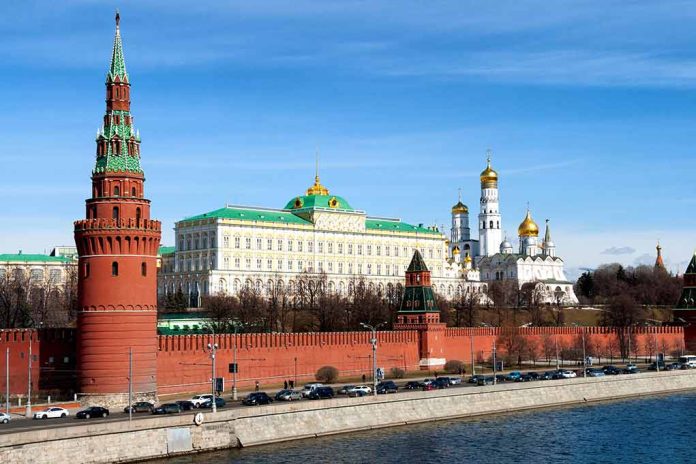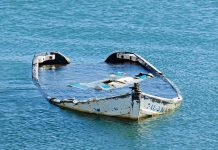
Russian President Vladimir Putin’s planned visit to a nation bound by the International Criminal Court heightens the debate over the ICC’s enforcement powers and international geopolitical tensions.
At a Glance
- Putin is cautious about traveling abroad due to an ICC arrest warrant for alleged war crimes in Ukraine.
- The ICC warrant limits Putin’s travels, raising doubts about the justice process for senior Russian leaders.
- Ukraine has prosecuted captured Russian soldiers for war crimes, resulting in multiple convictions.
- South Africa’s status as an ICC signatory complicates its stance on arresting Putin.
The Impending Visit and ICC Warrant
Putin’s travel options have been severely restricted since the ICC issued an arrest warrant in March 2023 over alleged war crimes in the Ukraine conflict, including the abduction of children. While the ICC investigates various international crimes, its reach is largely symbolic unless member countries enforce the warrants.
Considering these constraints, Putin has primarily visited non-ICC member states such as China and Saudi Arabia. His planned visit to Mongolia, another friendlier destination, only underscores his limited travel scope.
South Africa’s Stance and Geopolitical Ramifications
South Africa, a signatory to the Rome Statute, finds itself in a precarious position ahead of the BRICS summit. The country’s government initially indicated a refusal to arrest Putin, later persuading him to participate via video link instead. Arresting Putin would be seen as a declaration of war by Russia, according to South African President Cyril Ramaphosa.
Kremlin spokesman Dmitry Peskov has denied any direct threats of war from Russia should an arrest occur. However, the absence of a concrete threat explanation fuels speculation about Moscow’s looming influence in the matter.
Historical Context and Legal Challenges
The ICC’s pursuit of accountability for war crimes revives memories of past tribunals, from post-World War II proceedings to those for atrocities in the Balkans and Rwanda, culminating in the ICC’s foundation in 2002. Yet, securing high-ranking officials like Putin faces significant hurdles without a cooperative regime in place.
Ukraine’s resolute efforts to put Russian soldiers on trial illuminate the ICC’s potential benefits and limitations. Of the 80,000 war crimes cases opened by Ukraine, numerous convictions bolster the argument for international legal frameworks despite jurisdictional challenges.
The Broader Impact on International Law
This incident exposes the critical gaps in international law enforcement, especially when powerful states like Russia are involved. Kazakhstan, a potential mediator in this conflict, reflects the complexities faced by nations attempting to balance international justice obligations with geopolitical pressures.
These developments prompt the question of whether the International Criminal Court can effectively serve its purpose amid geopolitical strife, or if a new paradigm is necessary for genuine accountability on the world stage.









